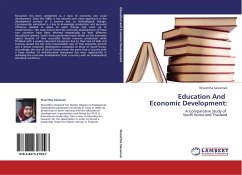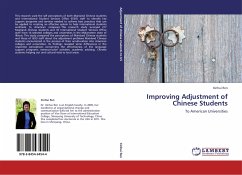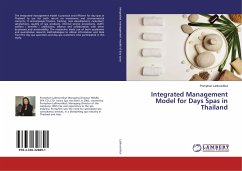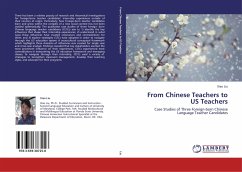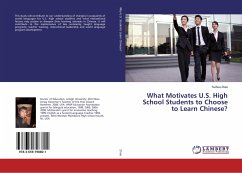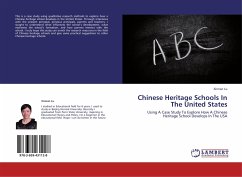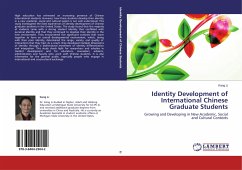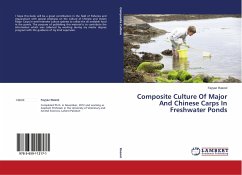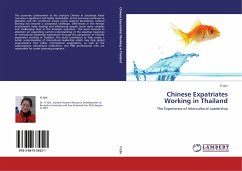
Chinese Expatriates Working in Thailand
The Experience of Intercultural Leadership
Versandkostenfrei!
Versandfertig in 6-10 Tagen
52,99 €
inkl. MwSt.

PAYBACK Punkte
26 °P sammeln!
The economic achievement of the overseas Chinese in Southeast Asian countries is significant and highly remarkable. As the economy continues to globalize and the workforce moves across national boundaries, cultural diversity has become a substantial challenge. Differences in the foreign environment make leading and influencing people much more complex and challenging than in the domestic operation. This work focused its attention on expanding current understanding of the essential meanings of intercultural leadership experiences through the perspective of Chinese expatriates working in Thailan...
The economic achievement of the overseas Chinese in Southeast Asian countries is significant and highly remarkable. As the economy continues to globalize and the workforce moves across national boundaries, cultural diversity has become a substantial challenge. Differences in the foreign environment make leading and influencing people much more complex and challenging than in the domestic operation. This work focused its attention on expanding current understanding of the essential meanings of intercultural leadership experiences through the perspective of Chinese expatriates working in Thailand. The study contributes to help create a better understanding of intercultural leadership which may help global organizations that utilize international assignments, as well as the organizations, educational institutions, and HRD professionals who are responsible for career planning programs.



